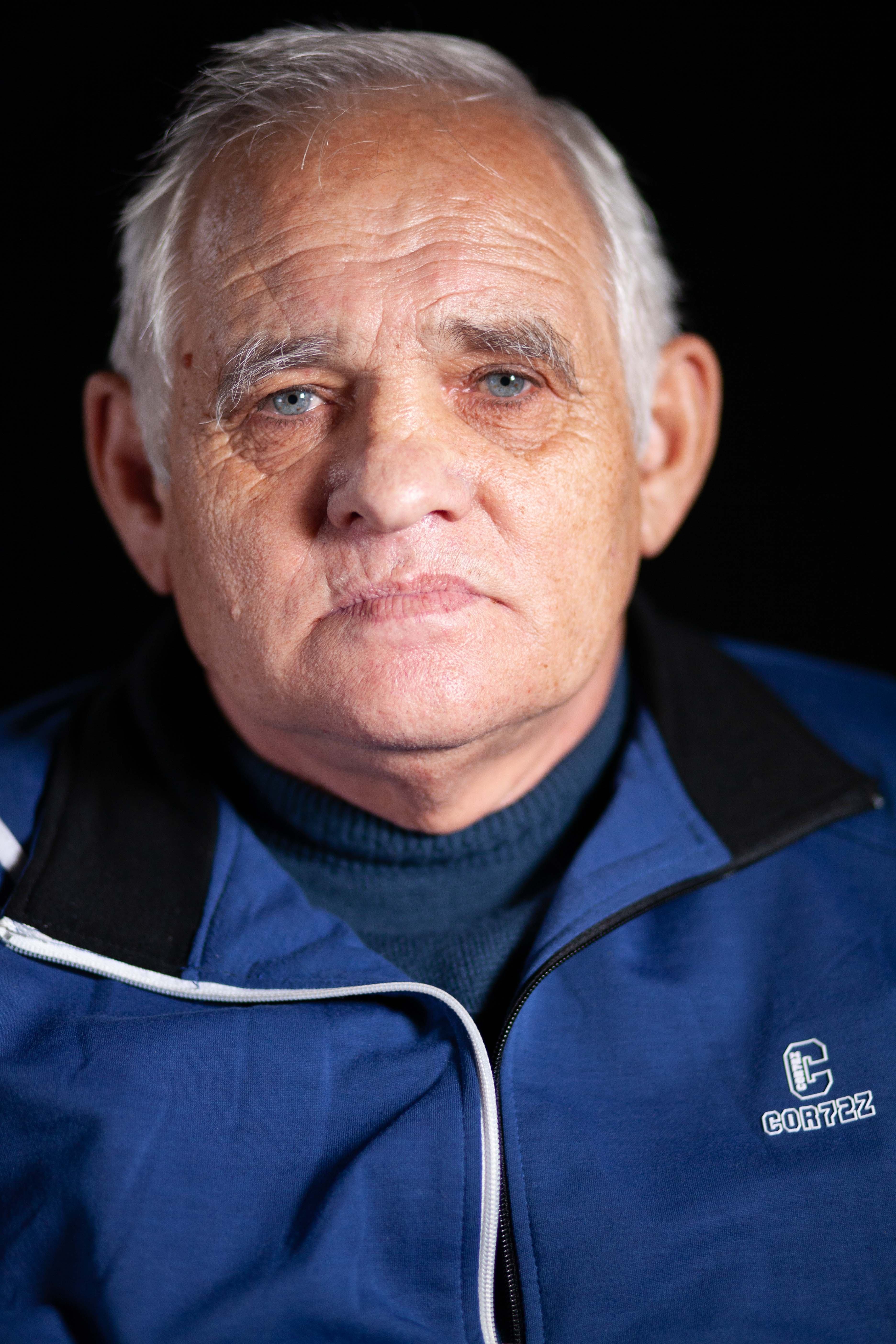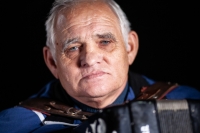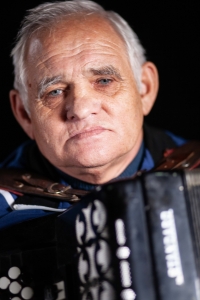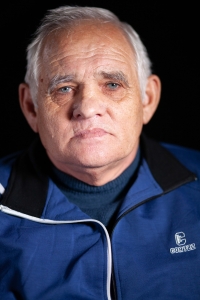When my friends left for Czechia, it was as if a chunk had been ripped from my heart

Download image
Josef Mašek was born on April 9, 1955, in the Czech village of Gerník (Gârnic in Romanian), Caraș-Severin County, Romania. His father lost his sight in an accident when he was 19 years old, so primarily the witness’ mother, Barbora, and his grandparents had to take care of the family farm. At the age of 13, after his grandfather’s death, most of the work on the farm fell to him. From his school years, he enjoyed singing and conducted a child choir. At the age of twenty-four, he bought his first harmonica. In 1981 he was at the founding of the music group Bohemia, in which he sang and played for the next 25 years. The musicians regularly performed throughout all the Czech villages in Banat and played at countless dances, festivals, Slavic carnivals and other social events. After the fall of the Communist regime, most of the band members left for work in Bohemia. Some former members or their descendants still continue to play in the Czech Republic and keep traditional songs they used to play in Gerník in their repertoire. Josef Mašek worked at several positions in nearby mines until he was fifty years old and then retired. He worked in the praesidium of the Democratic Union of Czechs and Slovaks in Romania for fifteen years. At the time of filming (October 2021), he lived in Gerník.


